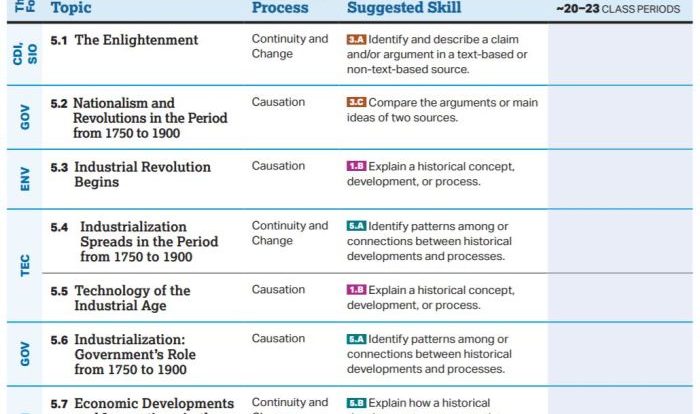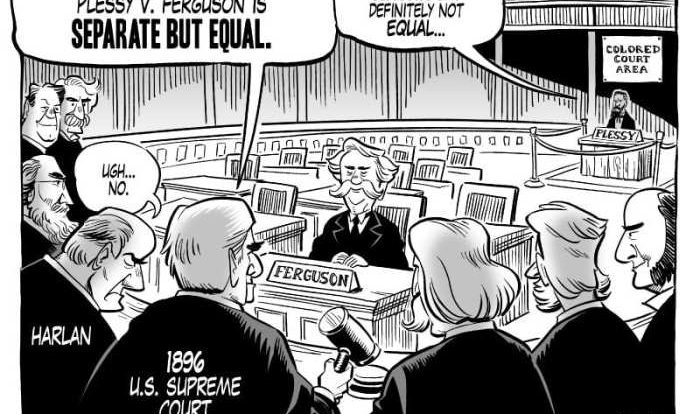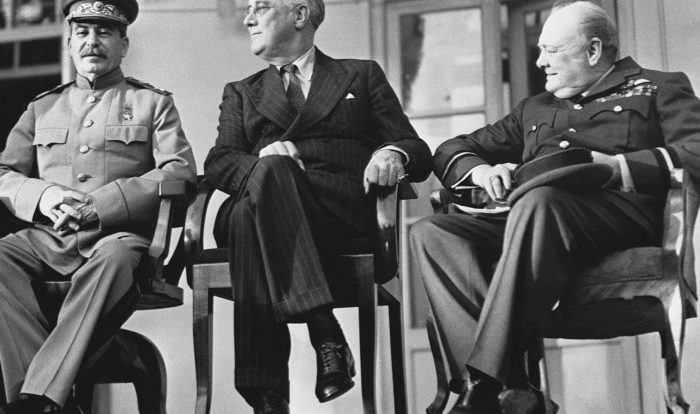Printable age of exploration worksheet – Embark on a captivating journey through the Age of Exploration with our printable worksheet. This comprehensive resource delves into the historical significance, major explorers, technological advancements, and societal impacts of this transformative era.
From Christopher Columbus’s groundbreaking voyage to the circumnavigation of the globe by Ferdinand Magellan, our worksheet unravels the motivations, discoveries, and consequences that shaped the course of human history.
Overview of the Age of Exploration
The Age of Exploration, spanning from the 15th to the 17th centuries, was a period of unprecedented European maritime exploration and discovery. It marked a significant turning point in world history, expanding European knowledge of the globe and laying the foundations for global trade, colonization, and empire-building.
Motivations for exploration were multifaceted, including a desire for new trade routes to the East, the search for precious resources, and the quest for knowledge and adventure. European explorers embarked on perilous voyages, driven by a thirst for discovery and the promise of wealth and glory.
Major Explorers and their Contributions
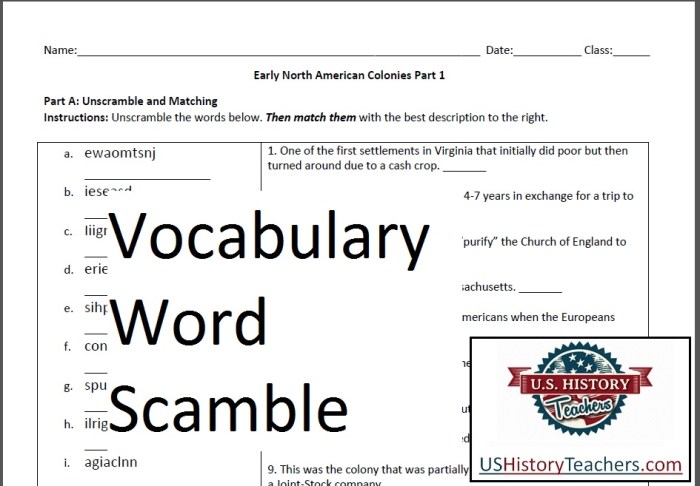
Christopher Columbus
- Discovered the Americas in 1492, initially seeking a westward route to Asia.
- His voyages had a profound impact on European perceptions of the world, challenging the belief that the Earth was flat.
Vasco da Gama
- Reached India via the Cape of Good Hope in 1498, establishing a direct sea route from Europe to Asia.
- His discovery revolutionized trade and opened up new economic opportunities for European powers.
Ferdinand Magellan
- Led the first circumnavigation of the globe, completing a three-year voyage from 1519 to 1522.
- His expedition provided definitive proof of the Earth’s spherical shape and expanded European knowledge of the Pacific Ocean.
Jacques Cartier
- Explored the St. Lawrence River in North America, seeking a Northwest Passage to Asia.
- His discoveries laid the foundation for French colonization in Canada.
Technological Advancements and Navigation
The Age of Exploration was facilitated by significant technological advancements in shipbuilding, navigation, and cartography.
- Ships became larger and more durable, allowing for longer and safer voyages.
- The invention of the astrolabe and the quadrant enabled more precise navigation and determination of latitude.
- Improvements in cartography, such as the Mercator projection, provided more accurate maps and charts for seafarers.
Impact on European Society
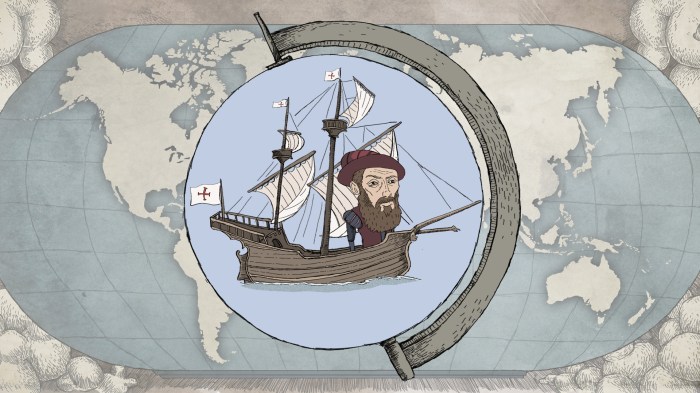
The Age of Exploration had a profound impact on European society, both economically and culturally.
Economic Consequences
- Discovery of new trade routes and resources led to a surge in European trade and wealth.
- The influx of gold and silver from the Americas caused inflation and economic upheaval in Europe.
Political Consequences, Printable age of exploration worksheet
- Exploration and colonization expanded European empires and fueled competition among European powers.
- The Age of Exploration contributed to the rise of mercantilism and the development of nation-states.
Cultural Consequences
- European knowledge of the world expanded dramatically, challenging traditional beliefs and fostering a new spirit of inquiry.
- Exploration led to cultural exchanges and the introduction of new ideas, foods, and technologies to Europe.
Interactions with Indigenous Peoples: Printable Age Of Exploration Worksheet
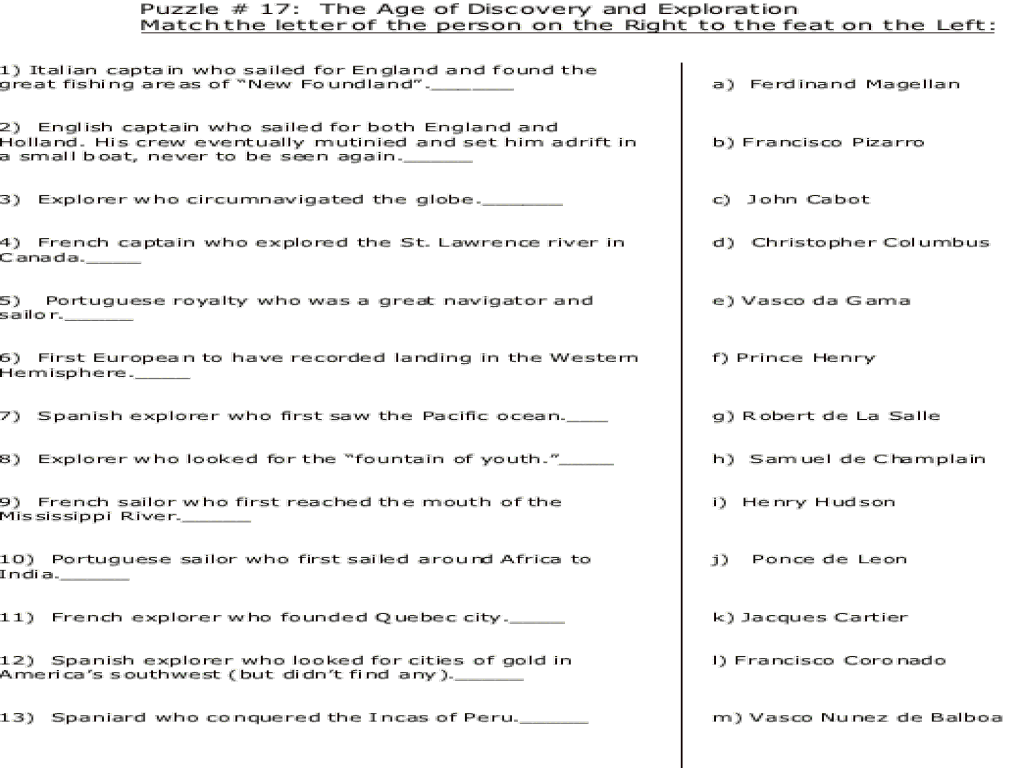
European exploration had a significant impact on indigenous populations around the world.
- Explorers encountered diverse cultures and civilizations, leading to both peaceful interactions and violent conflicts.
- European diseases, such as smallpox and measles, decimated indigenous populations, leading to population decline and social disruption.
- Exploration also brought about cultural exchanges and the introduction of new technologies and ideas to indigenous communities.
Legacy and Historical Significance
The Age of Exploration left a lasting legacy on world history.
- It marked the beginning of globalization and the interconnectedness of the world.
- Exploration and colonization laid the foundations for modern empires and the development of global trade networks.
- The Age of Exploration also contributed to the rise of scientific inquiry and the development of modern science and technology.
Popular Questions
What is the Age of Exploration?
The Age of Exploration was a period from the 15th to 17th centuries when European explorers embarked on voyages to discover new lands and trade routes.
Who were some of the most famous European explorers?
Christopher Columbus, Vasco da Gama, Ferdinand Magellan, and Jacques Cartier were among the most notable explorers of the Age of Exploration.
What were the motivations for European exploration?
European explorers were motivated by a desire for wealth, power, and knowledge.
What were some of the technological advancements that aided European exploration?
Advances in shipbuilding, navigation techniques, and cartography facilitated European exploration and discovery.
